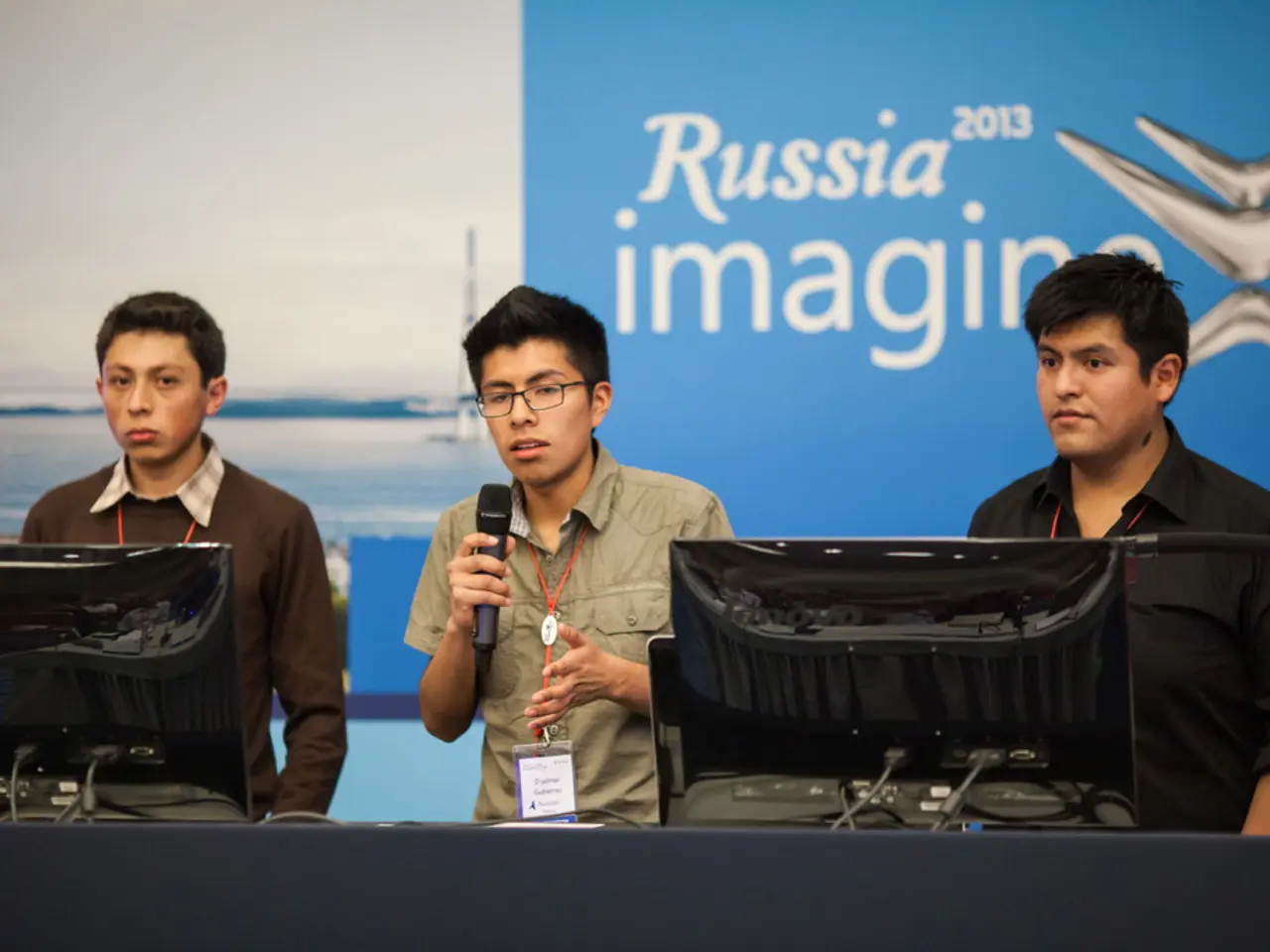Azerbaijan escalates diplomatic dispute with Russia, recalling its ambassador, following the demise of two Azerbaijani nationals
The Azerbaijan-Russia diplomatic crisis, which erupted in 2025, has its roots in a series of contentious incidents involving Azerbaijani nationals in Russian territory. Two Azerbaijani nationals lost their lives in a police operation in Yekaterinburg in late June, triggering swift and harsh reactions from Azerbaijan.
This incident marked the beginning of a downward spiral in relations, leading to the cancellation of all Russian cultural events in Azerbaijan, a police raid on the Baku office of the Russian state media agency Sputnik, and the detention and charging of seven journalists with serious crimes related to alleged ties to Russia’s FSB security service.
The crisis deepened as Azerbaijani authorities arrested 15 Russian nationals on various charges such as drug trafficking and cybercrime, publicly showcasing a more assertive stance towards Moscow. Azerbaijan openly accused Russia of hostility and misinformation, including disputes over a deadly plane crash involving Azerbaijanis in Kazakhstan in 2023, demanding a transparent investigation amid perceived Russian obfuscation.
President Ilham Aliyev’s phone call with Ukrainian President Zelenskyy, who voiced strong support for Azerbaijan and condemned Russian actions as a "new campaign of hostility," highlighted Baku's delicate yet increasingly independent geopolitical posture.
This diplomatic freefall contrasts with earlier periods when Russia, despite its traditional backing of Armenia, had aligned to some extent with Azerbaijan during the Nagorno-Karabakh conflict, brokering ceasefires and maintaining strong ties, including Putin’s historic 2024 visit to Baku. However, since that time, Azerbaijan has grown more assertive, leveraging military successes and stronger relations with Turkey to push back against Moscow’s influence in the South Caucasus.
The effects of this crisis on Caucasus geopolitics are profound. Azerbaijan’s assertiveness marks a clear pushback to Moscow’s waning control in the South Caucasus, signaling a realignment of regional power dynamics. This is evident in the strengthened Azerbaijan-Türkiye cooperation, as Baku increasingly aligns with Ankara, which supports Azerbaijan politically and militarily, contrasting with Moscow’s traditional dominance.
The crisis has also led to increased regional instability, exacerbating tensions in a historically volatile area and complicating conflict resolution efforts, particularly involving Armenia and Nagorno-Karabakh. Furthermore, Moscow’s preoccupation with the Ukraine conflict has diminished its ability to manage relations and maintain influence in neighboring regions like the Caucasus.
In summary, the 2025 Azerbaijan-Russia diplomatic crisis, initiated by contentious incidents involving Azerbaijani nationals in Russia and reciprocal legal and political actions, reflects a profound shift in Caucasus geopolitics. Azerbaijan is leveraging these tensions to assert greater independence and reduce Russian sway, thereby reshaping alliances and power structures in the region.
The crisis led to policies and legislations in Azerbaijan aimed at limiting Russian influence, such as the cancellation of cultural events and the detention of journalists. The incident also marked a shift in Azerbaijan's politics, with a more assertive stance towards Russia being visible in the arrests of Russian nationals. The crisis and its aftermath are covered extensively in general news, crime and justice, and war and conflicts sections.






